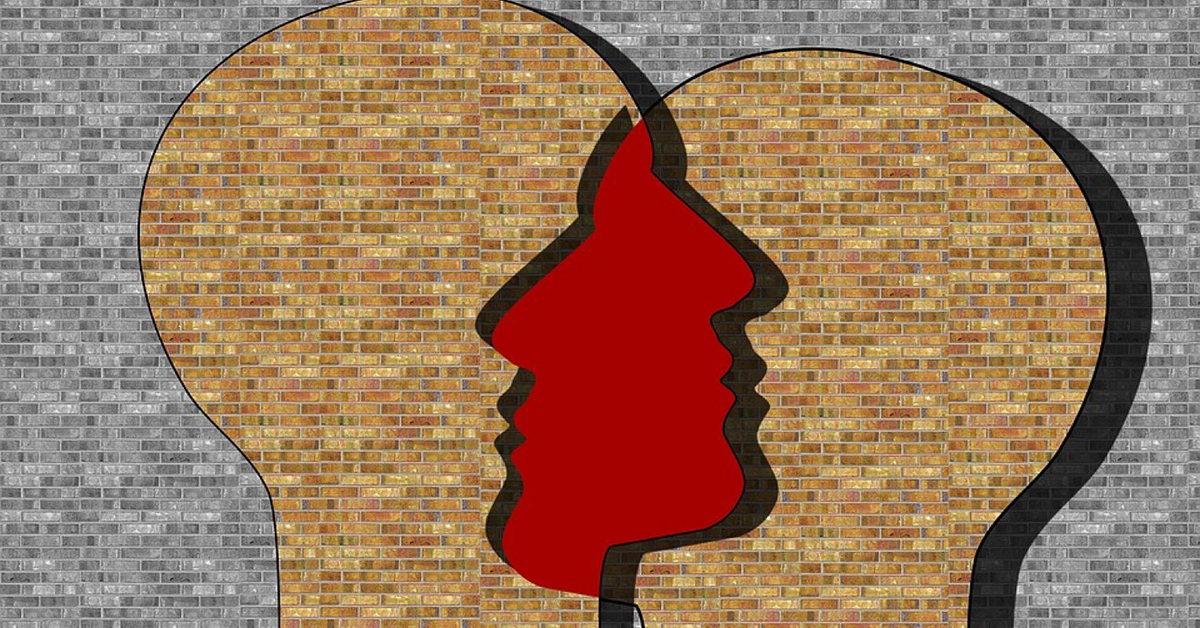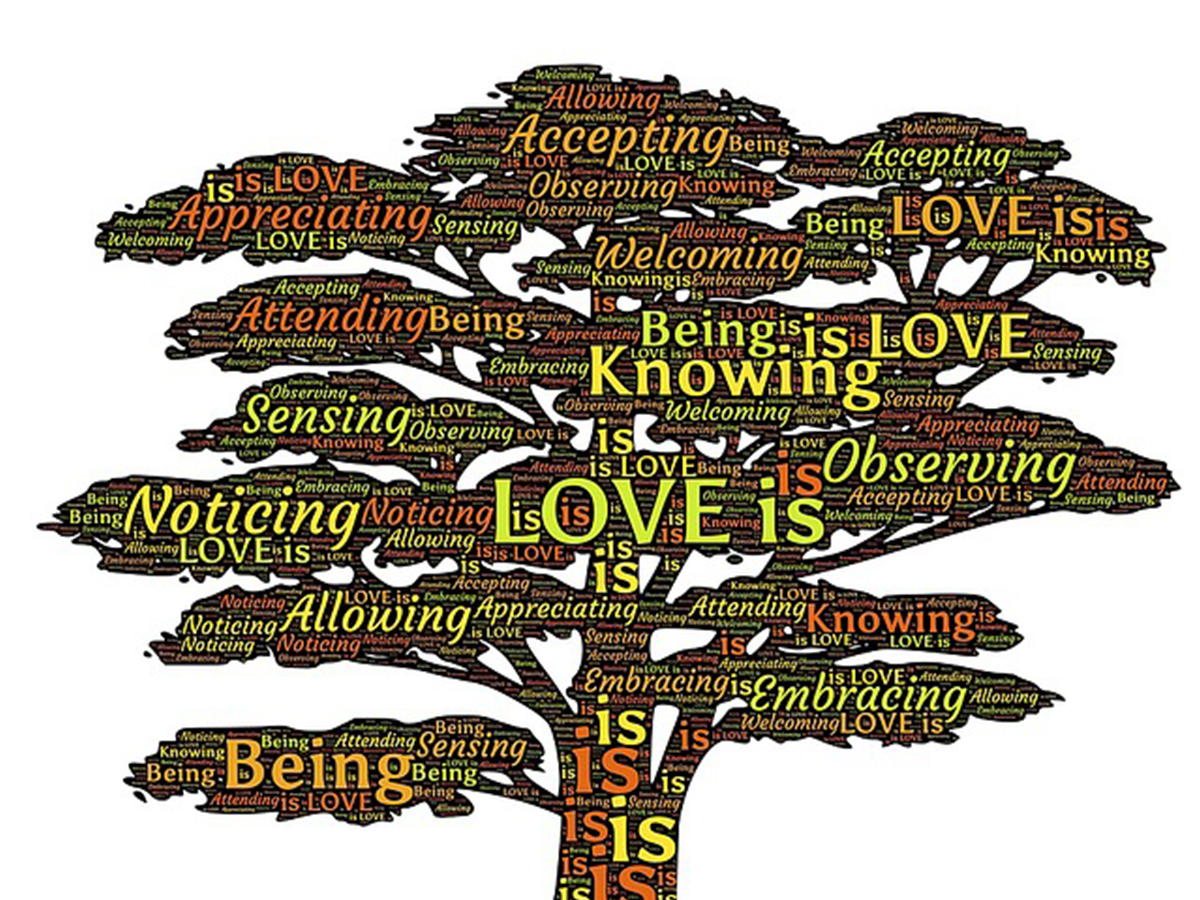August 29, 2021
God of the Crumbs
Mark 7:24-37
Fifteenth Sunday after Pentecost
Analysis by Matthew Metevelis
24[Jesus] set out and went away to the region of Tyre. He entered a house and did not want anyone to know he was there. Yet he could not escape notice,25but a woman whose little daughter had an unclean spirit immediately heard about him, and she came and bowed down at his feet. 26Now the woman was a Gentile, of Syrophoenician origin. She begged him to cast the demon out of her daughter. 27He said to her, “Let the children be fed first, for it is not fair to take the children’s food and throw it to the dogs.” 28But she answered him, “Sir, even the dogs under the table eat the children’s crumbs.” 29Then he said to her, “For saying that, you may go—the demon has left your daughter.” 30So she went home, found the child lying on the bed, and the demon gone.
31Then he returned from the region of Tyre, and went by way of Sidon towards the Sea of Galilee, in the region of the Decapolis. 32They brought to him a deaf man who had an impediment in his speech; and they begged him to lay his hand on him. 33He took him aside in private, away from the crowd, and put his fingers into his ears, and he spat and touched his tongue. 34Then looking up to heaven, he sighed and said to him, “Ephphatha,” that is, “Be opened.” 35And immediately his ears were opened, his tongue was released, and he spoke plainly. 36Then Jesus ordered them to tell no one; but the more he ordered them, the more zealously they proclaimed it. 37They were astounded beyond measure, saying, “He has done everything well; he even makes the deaf to hear and the mute to speak.”

Grace transcends the ethnic boundaries between the Syrophoenician woman and Jesus, even dragging Jesus along, because grace responds to need and not status. And this is at the heart of every sermon. Christ can only be “for us” because he is first and always “given for you.”
Author’s Note: Mark 7 deals with the relation of Jesus to the Gentiles. After an argument with the Pharisees about ritual purity in which Jesus departs northwards for Tyre and Sidon, a majority Gentile region. Jesus’ speech to the Pharisees differentiates between the traditions of the elders focused on outward ritual and the commandment of God, which regulates the deeds spurred by the human heart (7:6-15). The teaching here foreshadows the messiah’s journey into Gentile territory populated by people considered “unclean.” As if to illustrate Jesus’ point he meets a Gentile woman who demonstrates great faith in begging Jesus to heal her daughter and abasing herself in speech and act by bowing down at his feet. Her entreaty removes an unclean spirit from her daughter. After this Jesus heals a deaf man which results in the populace of Sidon “zealously proclaiming” Jesus.
The chapter reads almost like a conquest. Jesus declares that all foods are clean. A Gentile woman comes to him and he removes an unclean spirit proving that the Gentiles would come to him despite obstacles (even ones put up by Jesus himself). A Gentile man’s ears are opened as an illustration of the greater truth that even the Gentiles would be able to hear the word. And then Jesus is proclaimed among the Gentiles as one who “does everything well.” Isaiah’s promise that the Messiah would be “a light to the Gentiles” (Isaiah 49:6) is being fulfilled.
Most interesting to this study is just how this comes to pass. The exchange between Jesus and the Syrophoenician woman can be troubling to both preachers and hearers. Jesus uncharacteristically refuses to offer a healing here and rebuffs this poor woman by calling her a “dog”—an ethnic slur. What to do with this! Some might be tempted to take a Nestorian turn here and blame this on Jesus’ humanity only, giving the divine nature a pass. Others might try to say that Jesus might just be offering some kind of “test” of faith. And a few might shrug the whole thing off as Jesus just having a bad day.
But this story like many others in Mark discloses something vital about the good news that Jesus is bringing for our own faith. The fruits of the gospel happen here despite Jesus not wanting to be found, not wanting to help someone he considered unworthy, and losing a verbal exchange. Both the content and the relentless nature of the gospel are on full display in this story and offer a powerful proclamation despite the challenges of these particular details in the story. This study will focus exclusively on the first section of the text for this Sunday.
DIAGNOSIS: Our Righteous Tribes

Step 1: Initial Diagnosis (External Problem): Tribalism
The information age was supposed to bring people together. Evidence around us points to a society shattered. Political, cultural, economic, social, medical, and personal issues get spliced into the ideological priors of certain “sides” and command decisions. Often this takes the form of certain “communities” which believe in and press certain issues (or conspiracies). Even in dire emergencies like climate change, global pandemics, and sharply rising social inequalities prudent strategies confront resistance or inspire accusatory adulation. From bumper stickers to status updates, people in a growing way identify less with their occupation, geographic location, and more with their values and the virtues that they seek to signal. The fruits of this are so common that they hardly need recounting here. The world we live in is divided if not completely fractured. While ethnic tensions still exist, the modern world has overlaid them and mixed them with ideological animus.
Step 2: Advanced Diagnosis (Internal Problem): Taking Refuge in the Crowd
The search for identity is a symptom of dislocation. Prior to the industrial revolution who you were remained largely determined by your parents, your neighbors, your trade, or even your church. As masses gathered into cities lured by higher wages and opportunities toward the end of the nineteenth and into the twentieth centuries people lost many of these marks. Trade unions, political machines, and various nationalisms and ideologies became mass movements because they filled this gap. As social scientists have pointed out humans need to link themselves to something which gives them a greater sense of identity and purpose. The dislocations of the digital age have revolutionized human society in different ways: first by barraging us with too much information for us to process comfortably, and secondly by lowering barriers to putting information out there. Luther had to utilize printing presses, Marx and Engels had to found newspapers and painstakingly build networks of fellow travelers, but anyone can now start a movement from a social media page once the internet garners them enough followers.
Our tribes are less given to us now and more identities that we construct like a patchwork quilt from various ideas and causes that float around. They offer simple explanations for complicated problems, manufacture quick enemies to blame, and connect us across geography through media spaces like chatrooms which give the illusion of intimacy. We tweet markers of this group and we share its images. These groups begin as places of belonging and continue as sources of projection. Where identity formerly molded us from the outside, identities now confirm our interior thoughts and opinions. We choose our tribes.
Step 3: Final Diagnosis (Eternal Problem): Weak Constructions
The curse of the human condition is to construct our own righteousness under the demands of a law that never lets it stand. Trying to build a righteousness on our own we perceive the limitations of this project. We naturally seek the commitment, dedication, and validation of others to blunt the demands of the law or even to claim its power. We are on the right side, we’re virtuous, the others are not. When righteousness becomes a group project, we feel like we might get off a little easier, or we might find a kind of existential comfort in surrendering our own weary decision-making power in the urges of the group. And worst of all, we seek to avoid the accusation of the law by turning it from ourselves to others. As the nations gathered to build the tower of Babel they said to one another, “Let us make a name for ourselves” (Genesis 11:4). This is the heart of every tribalism: binding ourselves together under laws of our own choosing.
PROGNOSIS: A Righteous Word

Step 4: Initial Prognosis (Eternal Solution): For the Love of the Little Ones
We struggle with this text in horror as Jesus appears to be engaging in the worst kind of tribalism. It would not have been as much of a shock to his disciples or any other contemporary observers. Jewish attitudes toward Gentiles were diverse but it was generally accepted that Gentiles were unclean and only able to attain salvation by a divine decree at the end of time, never changing their status as Gentiles (The Oxford Companion to the Bible, p. 249). The relation between the groups would remain mediated by the law. Jesus’ statement about not giving the children’s food to the dogs is just a nasty way of saying “wait your turn.” For Israelites of the time, the law and covenant conveyed a kind of status and privilege.
Our shock at what Jesus says is something worth pausing to consider. We’ve long been taught about the absolute and universal love of Jesus which covers “all the little children of the world.” Jesus displaying the nastier particularism of his own time might come as a shock to us. But even more, it might come as a shock to what our sense of the gospel is. Our sense that the gospel is at its source an affirmation and welcome of all people dictates for us how we feel that Jesus should act. As important as these practices are they are not themselves the content of the gospel. “All are welcome” is a statement that reveals more about the practices and attitudes of a congregation than the gifts of a savior. Welcoming is based on clear commands from scripture, we should do it, but we shouldn’t confuse it with the gospel. The gospel is forgiveness, life, and salvation: the power of Christ. The woman received these things from Christ despite Christ himself not extending her welcome (“Go away,” he says effectively). Something happens here outside the bounds of the law. Something new.
The great theologian James Cone wrote in his magnum opus, God of the Oppressed:
“I realize that my theological limitations and my close identity with the social
conditions of black people could blind me to the truth of the gospel. And maybe our white theologians are right when they insist that I have overlooked the universal significance of Jesus’ message. But I contend that there is no universalism that is not particular. Indeed, their insistence on the universal note of the gospel arises out of their own particular political and social interests. As long as they can be sure that the gospel is for everybody, ignoring that God liberated a particular people from Egypt, came in a particular man called Jesus, and for the particular purpose of liberating the oppressed, they can continue to talk in theological abstractions, failing to recognize that such talk is not the gospel unless it is related to the concrete freedom of the little ones” (God of the Oppressed, p.126, italics original).
Such “concrete freedom” is the true substance of the gospel. The Syrophoenician woman’s daughter is healed not because she convinced Jesus to be nice to the Gentiles, or because she demonstrates any kind of righteousness outside of the relentless persistence of a parent with a sick child. She doesn’t criticize or doubt Jesus when he says that he has to love the children of Israel first but begs that Jesus show love to her. She doesn’t insist that she’s a child too but persists in that she will remain at his table even as a dog looking for scraps. Group identities do not fade here as if to congeal into something new. Grace transcends the ethnic boundaries between the Syrophoenician woman and Jesus, even dragging Jesus along, because grace responds to need and not status. And this is at the heart of every sermon. Christ can only be “for us” because he is first and always “given for you.”
Step 5: Advanced Prognosis (Internal Solution): Catching the Crumbs
The kind of righteousness-building that groups do always seeks justification at the end of a long process. Liberation for the nation, the emergence of a classless society, the defeat of social shame, all the righteousness building in groups looks to goals and accomplishments. There is no goodness until the world is made into the group’s image. It’s a wearying process.
Christ’s salvation falling like crumbs to the floor captures a better image. We are met when we are low: on the floor, where we suffer. The good news does not come at the end of a long road where we’ve built “God’s preferred future,” conquered every social ill, or established the proper Christian nation. It’s not a reward. It’s not a status symbol. The good news comes when we’re there kneeling at the feet of Jesus without anywhere else to go. All the alienation, fear, weariness, anxiety, confusion, and uncertainty that sends us on these tribal quests for righteousness is healed right there at the place where Christ meets us, forgives us, strengthens us, and gives us back to our neighbors. The gospel comes to us not full of righteous deeds and energy but because, in Luther’s famous last words, we are all beggars. Your job as a preacher is not to present recipes, but to throw crumbs so far and wide that the dogs can get to them.
Step 6: Final Prognosis (External Solution): Freedom
Tribalism is not cured by using the church to build a better tribe. Tribalism also is not cured by pretending that the need for people to band in groups that give identity does not exist. The project of cosmopolitan neoliberalism which imagines that each person is a floating moral agent earnestly trying to raise the sum total of good on the planet has backfired. Tribes dissolve in the kind of Christian freedom that does not need to prove to oneself or others that I am righteous or worthy. When I have that word from elsewhere, I am free to relate to others as Jesus was to this woman in the basic realm of human need. This is the true beauty of this text. The humanity of Jesus is not the problem but the solution. Jesus is overpowered and becomes a passive agent of salvation and light to a place and to people formerly considered outside those bounds. Even though this woman seems to agree that she’s just a dog she has pulled something from Jesus in her sheer state of human need. When the noise of the law and the fuss over our own righteousness is stilled by an unshakable promise, we become free to respond to that need.
Related






You must be logged in to post a comment.